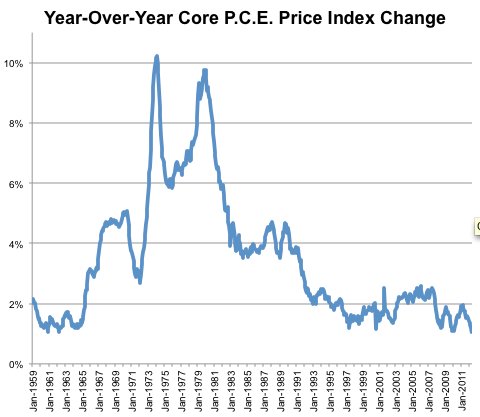THIS past month I’ve been agreeing to contracts like crazy. I clicked “yes” on Verizon’s terms and conditions when I paid my bill; ditto on iTunes when I was installing it on my computer. I even signed a waiver agreeing not to sue a white-water rafting company if anything went wrong when I spent a day on the Hudson.
Of course, this is nothing unusual. Most of us do similar things almost every day, largely without thinking about it.
“We’re routinely giving up our right to sue,” said Margaret Radin, professor of law at the University of Michigan and author of “Boilerplate: The Fine Print, Vanishing Rights and the Rule of Law.” “As a society we accept this as the price of doing business,” Professor Radin said.
Boilerplate contracts — which mean they contain standardized language, often in fine print — can apply in many different circumstances. But consumers typically come across some more than others, like the terms and agreements we click on when buying or using something online, and waivers, like the one I signed for the white-water rafting adventure.
First, about online contracts. If you’re beating yourself up for not reading them, don’t. Almost no one does. James Gibson, a professor of law at the University of Richmond, looked at contracts consumers needed to agree to — by clicking on them — to get software running for computers bought from four major sellers.
All the contracts, he said, “were an average of 74,000-plus words, which is basically the length of the first Harry Potter book.”
Florencia Marotta-Wurgler, a professor of law at New York University, has gone a step further and actually read contracts and privacy policies. Her findings: They don’t vary much from one another, even in competitive marketplaces, and, not surprisingly, they tend to benefit the seller.
She has also tracked how many consumers actually click on online contracts and spend more than one second there.
“It’s one in one thousand,” she said.
So online contracts are long and dense and basically no one reads or understands them. But, they serve a purpose, says Jessica R. Friedman, a lawyer who writes such contracts.
“The company is trying to limit its exposure” to lawsuits, she said. “There’s a tendency to think ‘big bad company and poor consumer,’ but there’s a lot of crazy people out there, and consumers who have unrealistic expectations. The contracts are a way to reach lots of people and protect yourself.”
Ms. Friedman admits that even she doesn’t read the terms of agreement for everything she buys online, even though she writes them. But, she said, if you’re spending a lot, you should.
Know the return policy. Know if there is a restocking fee. And understand that when you click on the little box that says you agree to these terms, it has some meaning.
“If I’m going to get a great deal on a ski jacket, but the terms say I need to return within 30 days and it’s July, so I’m not going to ski for six months, I need to know that,” she said.
And even though virtually everyone agrees that the idea of mutual consent with these types of contracts is a fiction, not all agree the system should be changed.
“I’m not someone who wags his finger and says you should read them,” said Douglas G. Baird, a professor of law at the University of Chicago. “If you read them, you don’t have a very interesting or productive life.”
But, he said, boilerplate contracts, in many cases, are just part of the many features that come when you buy a product. “They are a way a manufacturer has to connect the terms to the product,” he said, and absent a good alternative, our current system works pretty well.
“There are plenty of victims of boilerplates,” Professor Baird said, but wrongdoing is less likely to occur in the mass market than in specialized markets, such as those who take on payday loans or rent to own. That, he said, is where we should focus our concern.
Of course, many disagree with Professor Baird.

Article source: http://www.nytimes.com/2013/07/13/your-money/novel-length-contracts-online-and-what-they-say.html?partner=rss&emc=rss

